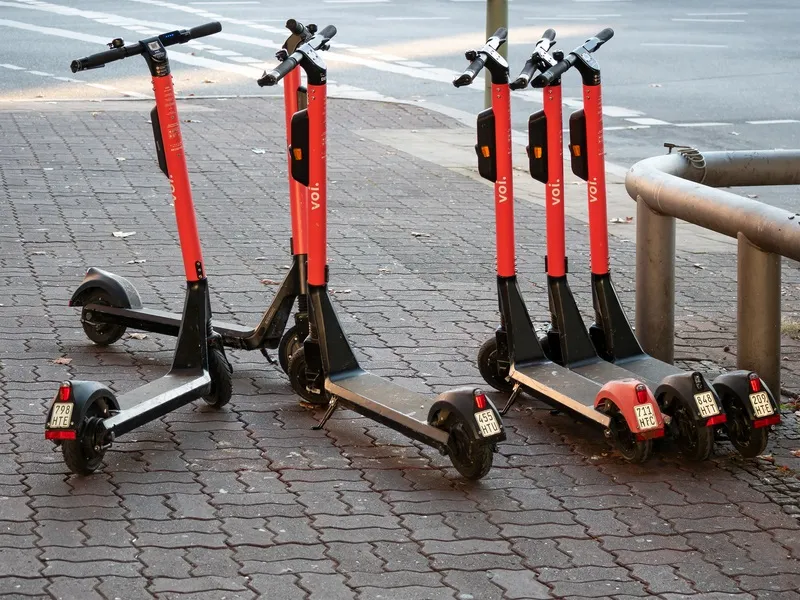
Voi has ceased - temporarily, the firm insists - its scooter roll-out in the UK city of Coventry after just five days, blaming 'anti-social behaviour' by users.
No date has been set yet for resumption of the service - but Voi has reduced its fleets in both Coventry and nearby Birmingham "so people get used to scooters on the street".
In a statement, the company admitted it has "a lot to learn" and is going to introduce identification plates on its scooters as well as more helmet giveaways.
"One is accident is one too many," it continues. "Every city is different, and with each trial, Voi understands more about how cities can get the most out of this new mode of transportation and how to use it safely."
"That's the beauty of a trial," a company spokeswoman told ITS International. "We're agile, we do it together with the city - we're in consultation a lot, we hold one another's hand."
While licence plates are not compulsory in the UK, Voi says having ID will "help the public to report people who ride dangerously or remove scooters from the trial zone".
It adds: "We think this will be crucial to maintaining good behaviour and rider responsibility."
Voi has outlined a string of improved safety initiatives it is taking in the UK.
Intriguingly, it suggests greater collaboration with enforcement authorities: "If problems arise, we are discussing how the police can step up their enforcement activity, paid for by Voi."
The firm also pledges to do more to keep pedestrians and riders separate, revising 'no-ride' and 'slow-ride' zones "in consultation with each city".
Voi is also tweaking its geofencing, gradually decelerating scooters 'earlier'.
"We will make sure that speeds do not exceed 12.4 mph, and that we can control and stop scooters safely," Voi insists.
Meanwhile, research from rival scooter company Spin highlighted concerns about social distancing on public transport.
The firm's survey found that 34% of UK adults (including 49% of 25-34 year-olds), say they would replace their usual commute with a ride on an e-scooter if they were available to rent.
In a separate incident in the UK, a man was killed in Swansea, Wales, last Sunday when his e-scooter hit a parked car.
Julian Thomas died at the scene of the crash, said South Wales Police.









